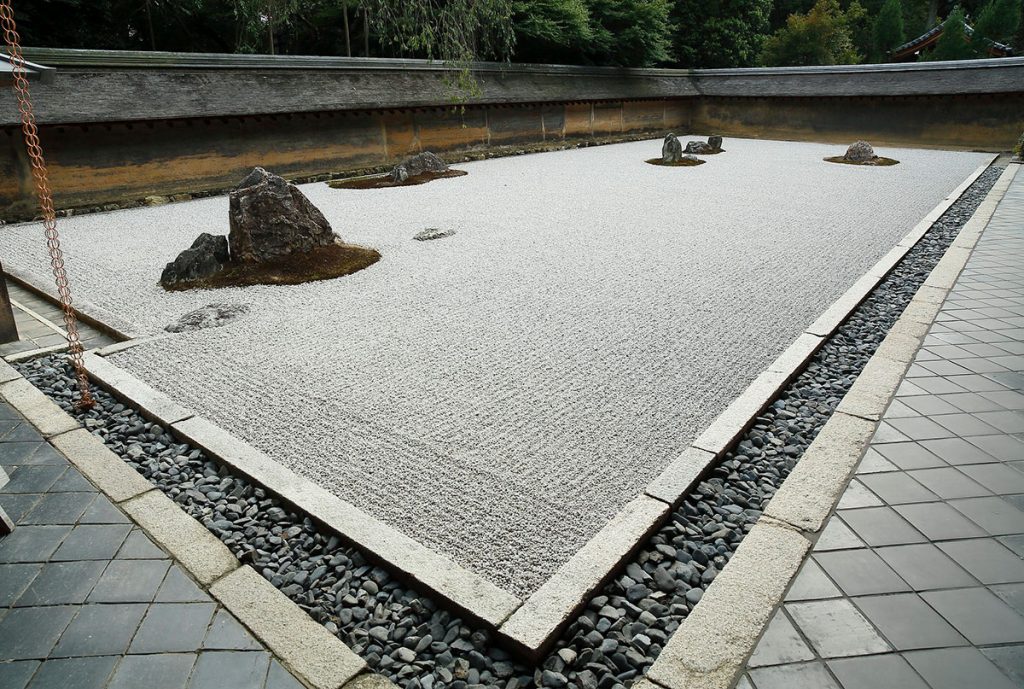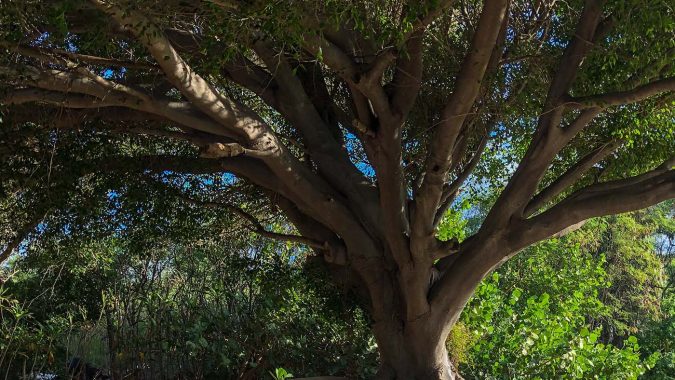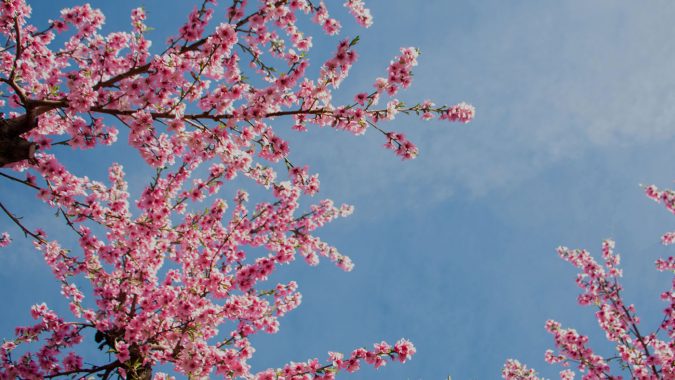
Philosophers and sages throughout the ages have counselled us to practice present-moment attention and awareness. A good way to start, is to let go of fixation on the past and the future, as the Buddha taught thousands of years ago:
Do not pursue the past. Do not lose yourself in the future. The past no longer is. The future has not yet come. Looking deeply at life as it is in the very here and now, the practitioner dwells in stability and freedom.
Bhaddekaratta Sutta
In order to do this, we first need to reflect upon the nature of time itself, and what is contained in the “here and now,” as Dharma Master Cheng Yen explains:
Time is something that I talk about frequently, especially in terms of how it just keeps on passing by, non-stop. The Buddha spoke about time in three periods: the past, the present, and the future.
Take the present moment as a reference point. A moment is essentially a very brief instant, such as the time it takes to snap our fingers. By the time we have completed the action of snapping our fingers, this present moment has already become the past. The future is the instant right after we snap our fingers. This example shows us how we are constantly experiencing the three periods. One moment after another, time passes by continuously; we ought to have this awareness.
The notion of three periods can also be applied to lifetimes: past lives, current life, and future lives. In this sense, time has a set frame: it begins with one’s birth and ends with one’s death. When our body dies, our current life ends. After that, we begin our future life. When we combine all our lives together, our existence actually goes on for eons. So, we can either look at time as a moment that is tiny, or an eon, which is immense.
I like to think of time in terms of the current moment. Regardless of the existence of past, present, and future, we can make a moment last forever when we hold on to the thought that arose at that moment. For instance, the moment I gave rise to the thought of relieving people’s suffering led to the establishment of Tzu Chi. The existence of Tzu Chi at this moment is the continuation of that moment when it was established. The future of Tzu Chi hinges on its development at the present moment.
Taking into account the relentless flow of time, coupled with the infinite potential within each moment, Buddhist teachings lead us to appreciate and use every moment for spiritual cultivation:
We must be diligent today. To wait till tomorrow is too late. Death comes unexpectedly. How can we bargain with it? The sage calls a person who dwells in mindfulness night and day, the one who knows the better way to live alone.
Bhaddekaratta Sutta
In the context of this Buddhist scripture and others where it is mentioned, “to live alone” doesn’t refer to retreat from society, but rather to living with sovereignty over oneself – having freedom by not being dragged away by thoughts of the past and fear of the future, and even by our reactions to the circumstances of the present. The Buddha cautions us to not be “swept away by the present,” as follows:
When someone studies and learns about the Awakened one, the teachings of love and understanding, and the community that lives in harmony and awareness [this passage refers to the Three Treasures: Buddha, Dharma, and Sangha]; when that person knows about the noble teachers and their teachings, practices these teachings, and does not think, ‘This body is myself, I am this body; these feelings are myself, I am these feelings; this perception is myself, I am this perception, this mental formation is myself, I am this mental formation; this consciousness is myself, I am this consciousness,’ then that person is not being swept away by the present.
Bhaddekaratta Sutta
Therefore, mindfulness – which keeps us remembering the teachings at each moment – alongside a deepening understanding of emptiness and non-existence of self, lead to “stability and freedom.” For if one is suffering, one isn’t free, and with freedom, stability emerges. And, on this spiritual path to freedom from suffering and the awakening of our indestructible Buddha Nature, seizing the present moment is key, as Master Cheng Yen explains:
In cultivating spiritually, we must cherish time and be precise about how we use it. As living bodhisattvas, we cultivate ourselves by seizing each and every moment to do good and by holding on to our initial aspiration.
In Buddhism, we talk about the karmic law of cause and effect. If we aren’t careful at the time of creating a cause, the effect or consequences may not be so desirable. As a result, we end up having regrets. That’s why I like to share with people the concept of “taking hold of the present moment.” Whatever has happened is already in the past; there is nothing we can do about it. We should instead pay attention to what we are doing now at this present moment. As for our future, it isn’t possible to know for certain what will happen to us in the future. If we can focus on the present and work hard, do the right things, say the right words, and try to minimize mistakes, we can help to prevent unpleasant outcomes in the future.
As we “take hold of the present moment,” we should also be aware of what are called the Eight Winds in Buddhism. These are eight worldly concerns related to attachments and aversions, comprising four hopes and four corresponding fears, that can lead us astray if we’re moved by them:
In life, to do the right things, we need to have a calm, collected mind in order to clearly perceive what is right. Yet, in life, there are eight winds that can blow away our calmness and influence our mind. The eight winds are: gain, loss, disgrace, honor, praise, ridicule, suffering, and joy. When these eight winds come, we need to remain calm and unswayed. Otherwise, we may end up doing wrong things.
As an antidote, we can follow the Buddha’s advice and contemplate the impermanent nature of these conditions that fan our hopes or fears, keeping our mind focused on the goal – enlightenment, or reaching the “Further Shore” as it’s referred to in this scripture:
Gain/loss, status/disgrace, praise/censure, pleasure/pain: these conditions among human beings are inconstant, impermanent, subject to change. Knowing this, the wise person, mindful, ponders these changing conditions. Desirable things don’t charm the mind, undesirable ones bring no resistance. His welcoming and rebelling are scattered, gone to their end, do not exist. Knowing the dustless, sorrowless state, he discerns rightly, has gone, beyond becoming, to the Further Shore.
Lokavipatti Sutta
The sections in italics consist of material compiled into English by the Jing Si Abode English Editorial Team, based on Dharma Master Cheng Yen’s talks.
































